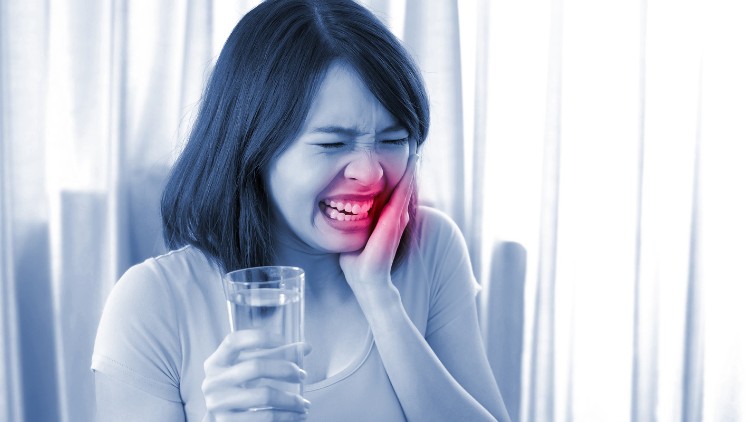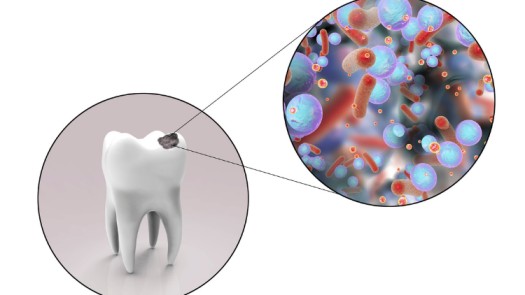
by Dr. Maxine Cannon | Sep 22, 2021 | Dentistry
Partial dentures can replace a few missing teeth but not an entire set of upper or lower teeth. To get partial dentures, you should have some healthy teeth remaining in your mouth’s upper and lower sections. We’ll give you the information you need to know...

by Dr. Maxine Cannon | Sep 22, 2021 | Dentistry
Dental fillings are used to repair teeth that have been damaged due to decay or abuse. Fillings come in many different types and can be made of metal, plastic, glass or other substances. The most common use for fillings is to replace a tooth that has been removed...

by Dr. Maxine Cannon | Aug 25, 2021 | Dentistry
There are many reasons why people have a dental implant procedure and they often wonder how long it takes. While some need to replace missing teeth, others may simply be trying to retain their dentures. Sometimes, people get them in order to replace a tooth that has...

by Dr. Maxine Cannon | Aug 25, 2021 | Dentistry
Sensitive teeth can make seemingly normal activities a complete pain. You may feel the pain while enjoying your favorite ice cream, enjoying ice-cold water on a summer day, or even when having hot soup. No matter the case, sensitivity is right there and ready to...

by Dr. Maxine Cannon | Jul 29, 2021 | Dentistry
“Why do I get so many cavities?” Is a common question. You may be following all proper oral hygiene steps, and then you are disappointed to hear that you have yet another cavity. Others may be less into their dental hygiene around you but still come out of...

by Dr. Maxine Cannon | Jul 21, 2021 | Dentistry
After tooth extraction, often of the wisdom teeth, your experienced dentist will give you instructions. These instructions will detail the best way to keep your mouth clean. This is very important for the healing process. One question that is commonly asked is whether...







